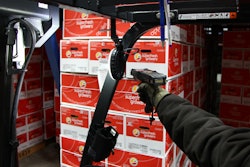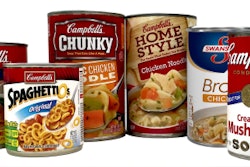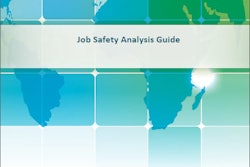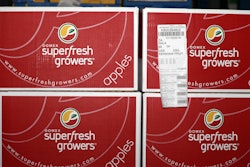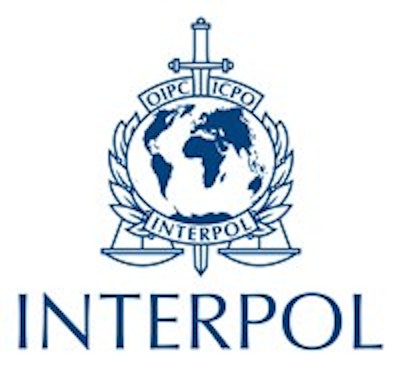
On Wednesday, Interpol released a list of food items found in seizures that spanned 57 countries and came up with about 11,000 tons of illegal food products, according to The San Francisco Chronicle. Among the more intriguing foods found were 85 tons of olives painted with a copper sulphate solution to "enhance their color" that was recovered by Italian officers, fake alcohol found in several countries and sugar with fertilizer added in located in Sudan.
Also among the global seizures was illegal beef, buffalo meat and tilapia not fit for human consumption that was being transported for sale. One extreme example even included the discovery of monkey meat at the Belgium airport.
"Fake and dangerous food and drink threaten the health and safety of people around the world, who are often unsuspectingly buying these potentially dangerous goods," Michael Ellis, head of Interpol, said that counterfeit food is part of a "multi-billion criminal industry" and that the police agency is seeing "more seizures than ever before."
For more, click here.
Editors Insight: As the food supply chain continues to globalize, food fraud is a growing problem. The growth of food fraud, which has been documented by different studies, demonstrates the need for the supply chain to implement better oversight of food through the supply chain. Many companies are investing in traceability solutions in response to safety and efficiency concerns. These solutions can also help reduce the incidence of fraud, which adds a major cost to the food industry.
The food industry cannot rely on government alone to address this problem. While more companies are investing in traceability solutions, the majority of companies are not utilizing modern traceability solutions either because they don’t think they are needed or they cannot afford them.
The March Food Logistics offers an overview on traceability solutions. To access this article, click here. By Elliot Maras




